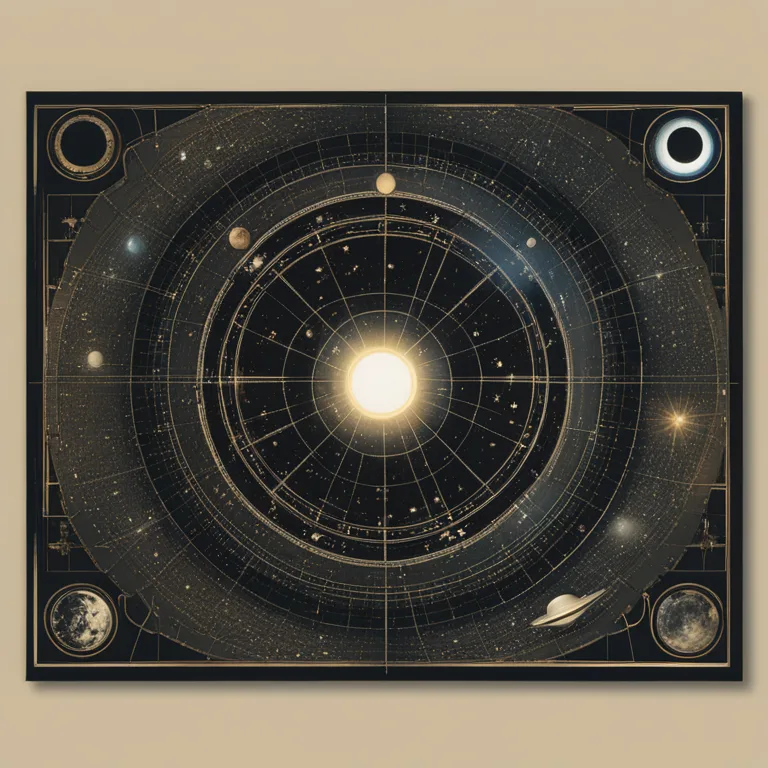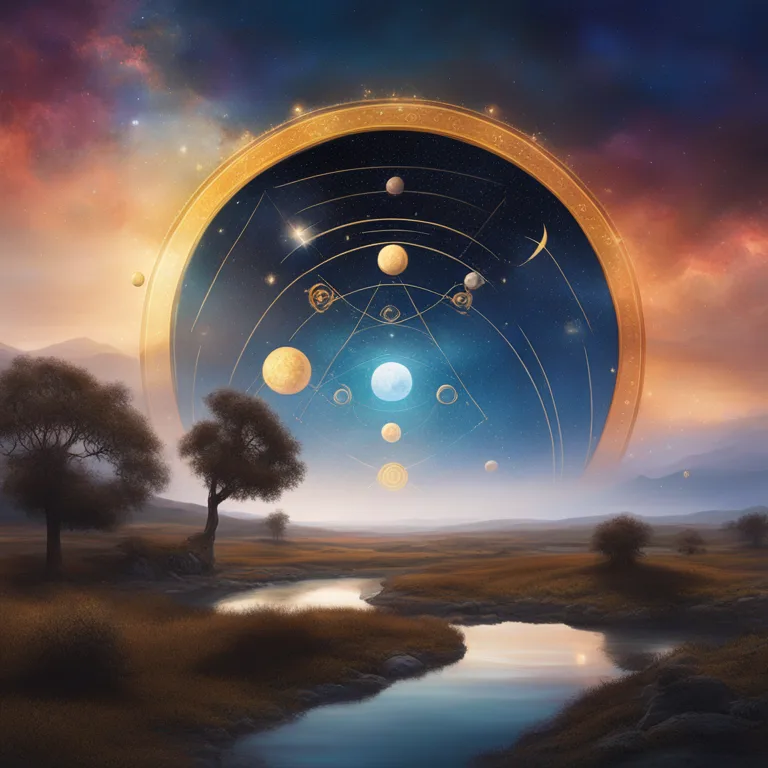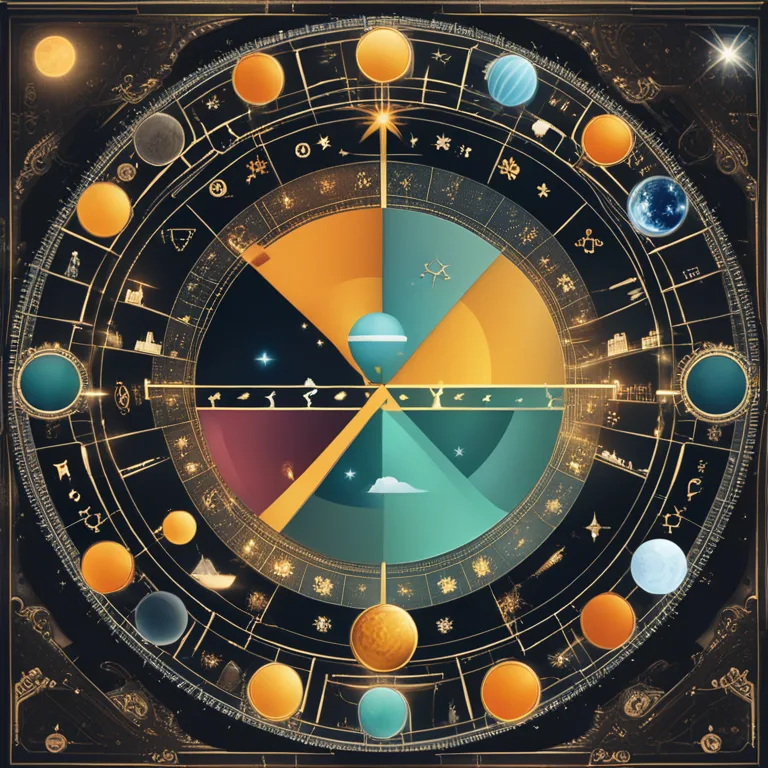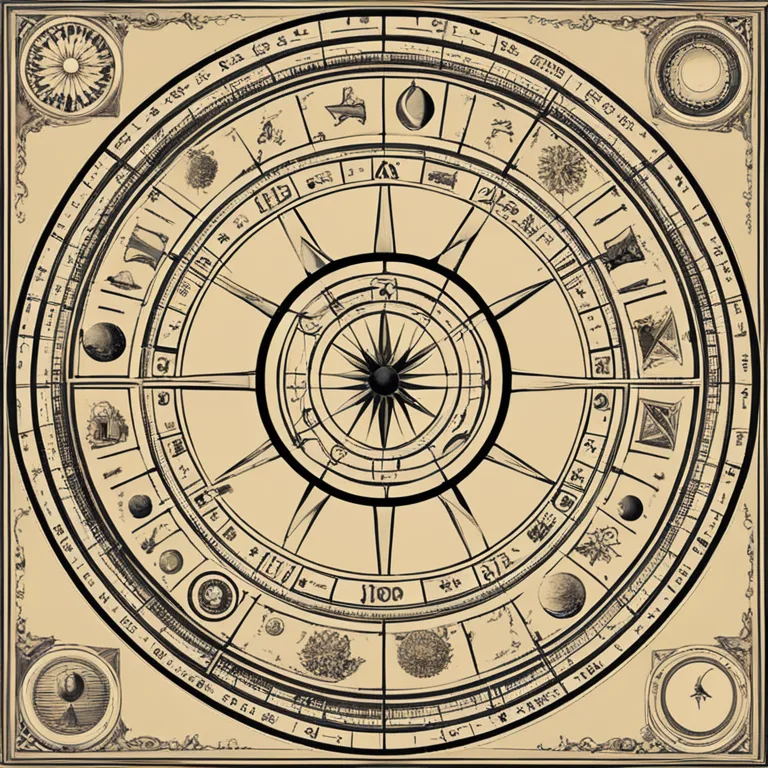
Can Astrology Earn Our Trust?
Delve into the legitimacy of astrology as a guiding tool for life's decisions. A critical examination of its influence and relevance in modern times.
article by Priya Deshmukh
The Mystery of Astrology
Astrology, the ancient practice of interpreting the movements and relative positions of celestial bodies, has fascinated humans for millennia. Believers profess that astrology provides valuable insights into personality, human behavior, and life events. Yet, as the world becomes increasingly data-driven, the mystical allure of astrology faces rigorous skepticism. In this digitized era, can astrology maintain its stature as a beacon of guidance amid scientific critique? Our investigation begins by tracing astrology's deep historical roots from ancient civilizations to the present day.

Scientific Scrutiny vs. Cultural Tapestry
Scientists have long questioned the empirical foundation of astrology, pointing to the lack of causal mechanisms and reproducible results. Despite significant advancements in astronomy and psychology, astrological assertions remain scientifically unsubstantiated. Nonetheless, astrology thrives in cultural contexts, symbolizing humanity's perennial quest to find meaning in the cosmos. It binds communities with its rituals and shared narratives, mirroring human desires for understanding and predictability in an otherwise unpredictable world.

Astrology in the Digital Age
Astrology has seen a resurgence in the digital domain, with apps and websites offering personalized horoscopes and birth chart readings. The accessibility of astrological services has never been greater, and the community around it continues to expand. In this new age, astrology benefits from the viral nature of social media, where daily forecasts and astrological memes blend seamlessly into the modern lexicon. Nevertheless, the digital platform also exposes astrology to broader critique and demands for accountability.

Personal Stories and Anecdotal Evidence
Anecdotal experiences and personal testimonials fuel much of astrology's enduring appeal. For many, horoscopes have provided solace during turbulent times and have been uncannily reflective of personal circumstances. These individual narratives, while not evidence in a scientific sense, lend astrology an enigmatic credibility that keeps it relevant in hearts and minds. The power of personal resonance should not be dismissed outright, as it reflects the subjective value astrology holds in people's lives.

2024 Astrological Forecast and Relevance
Looking towards 2024 and beyond, astrology stands at a crossroads, with some astrologers suggesting periods of significant transformation aligned with major planetary alignments. Whether these forecasts will bear relevance is a debate between believers and skeptics alike. Proponents argue that astrology provides a framework for personal growth and decision making, a philosophical compass rather than a deterministic map. As such, the coming years could see a further entwining of astrological insight with the search for personal purpose and societal change.
Philosophical Dimensions and Existential Questions
Astrology touches on profound philosophical questions concerning fate, free will, and the interconnectedness of the universe. It challenges humans to contemplate their place within the vast celestial tapestry. While the dialogue between astrology and science may continue to be contentious, the philosophical dimensions of astrology offer a unique perspective on life's mysteries, one that insists there are greater forces at play than those visible to the naked eye or measurable by instruments.
Published: 12/29/2023
Modified: 12/29/2023
More predictions
Come back here soon to learn more about yourself and your future


What The Stars Have Aligned For You Today: Astrology Forecast
Discover what the stars have aligned for you today with our daily astrology forecast.


Your Astrological House Stars Journey
Discover the significance of astrology houses in your birth chart and learn which astrological house you belong to for deeper self-awareness.


Astrological Sign Compatibility Guide
Discover which star signs align for friendship, love, and understanding in our concise compatibility guide.